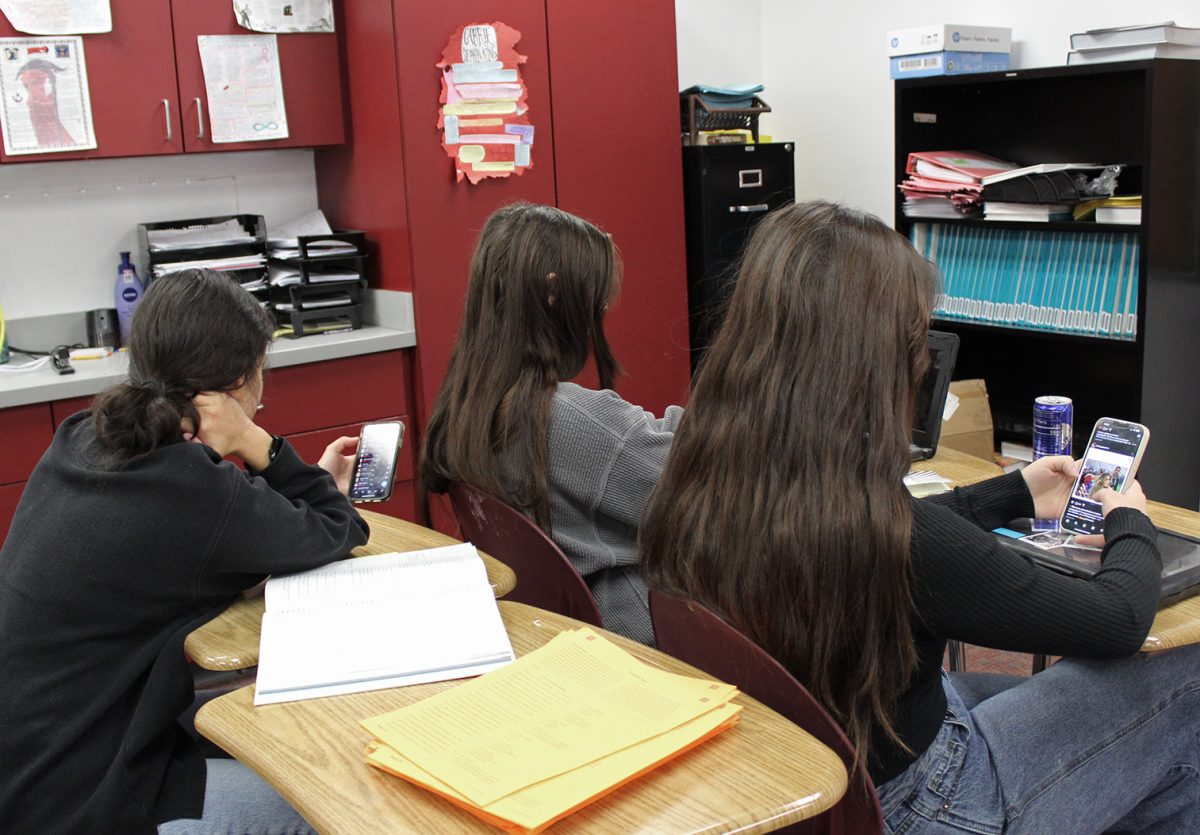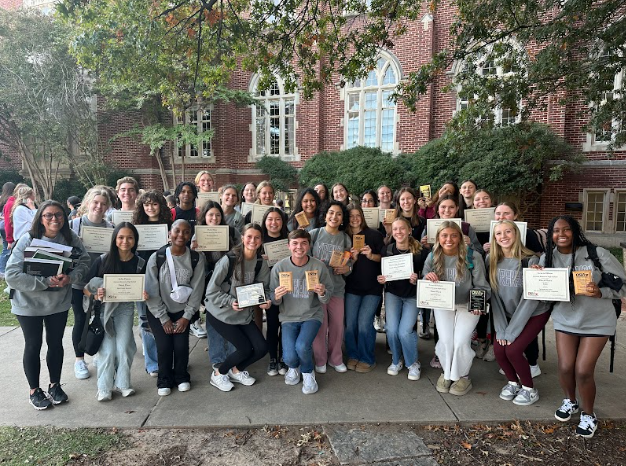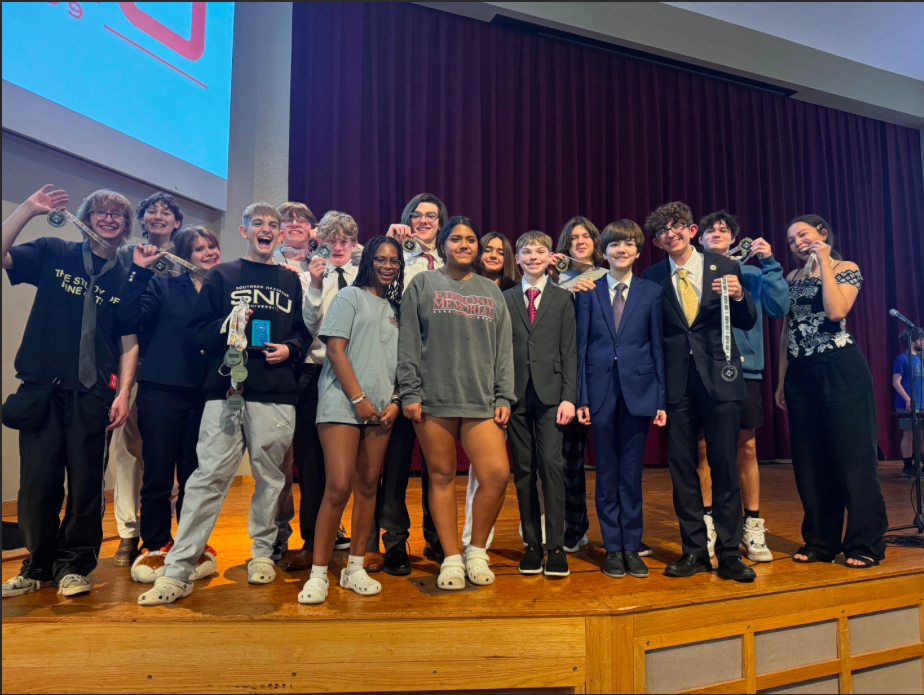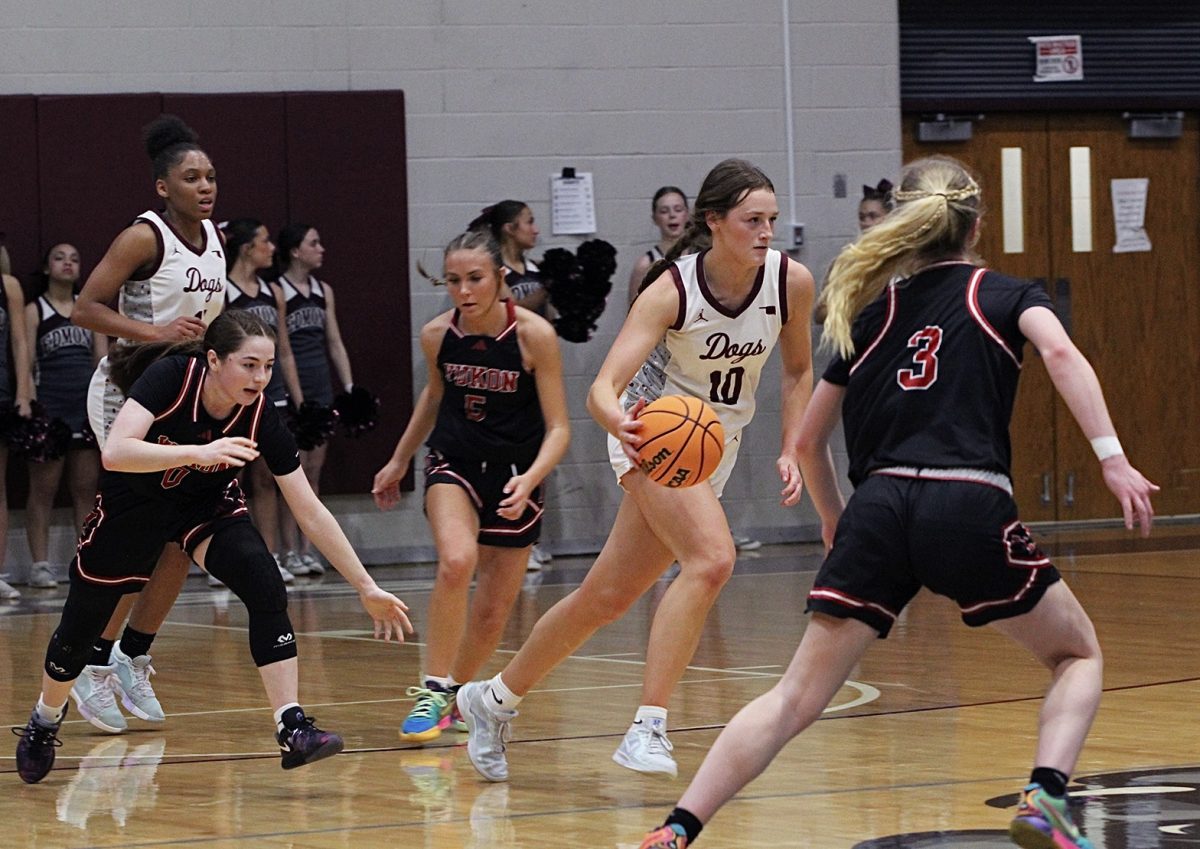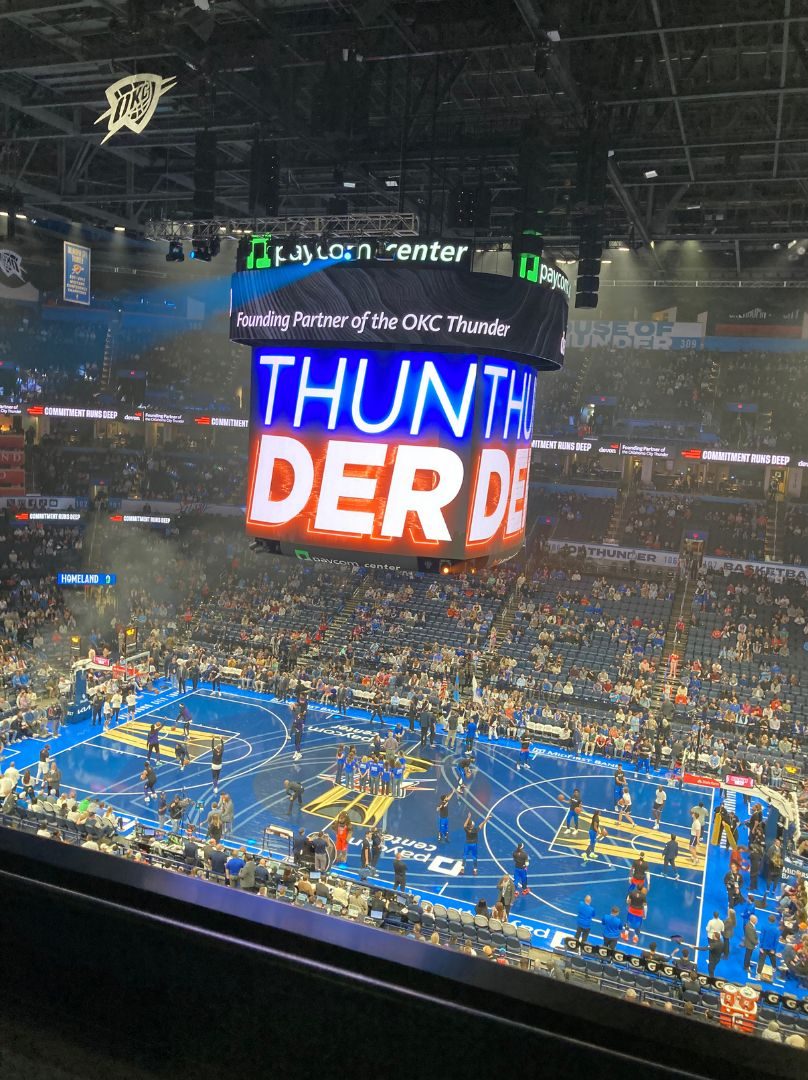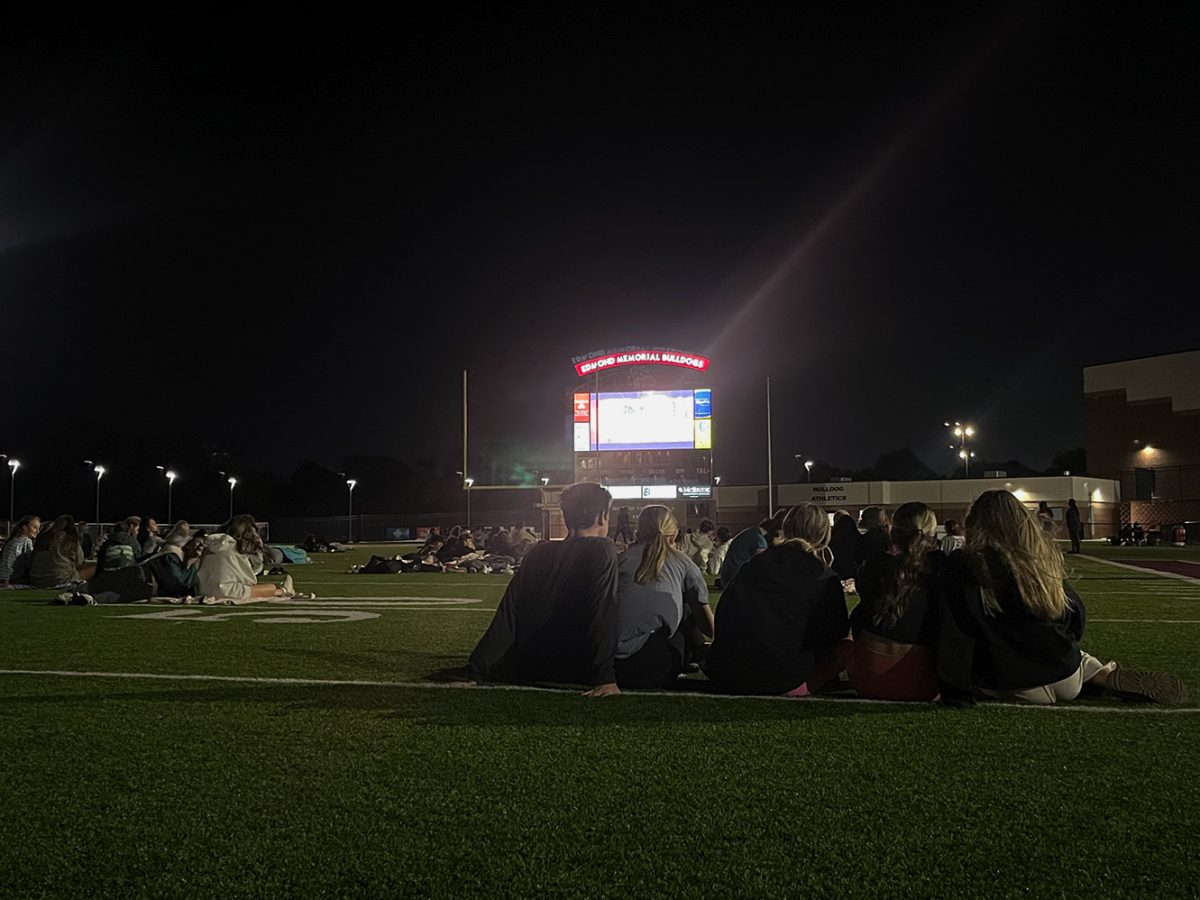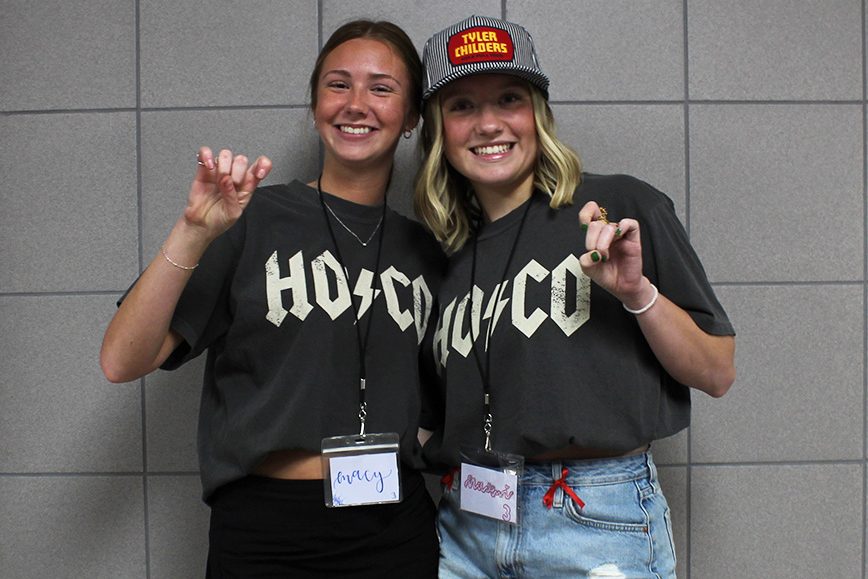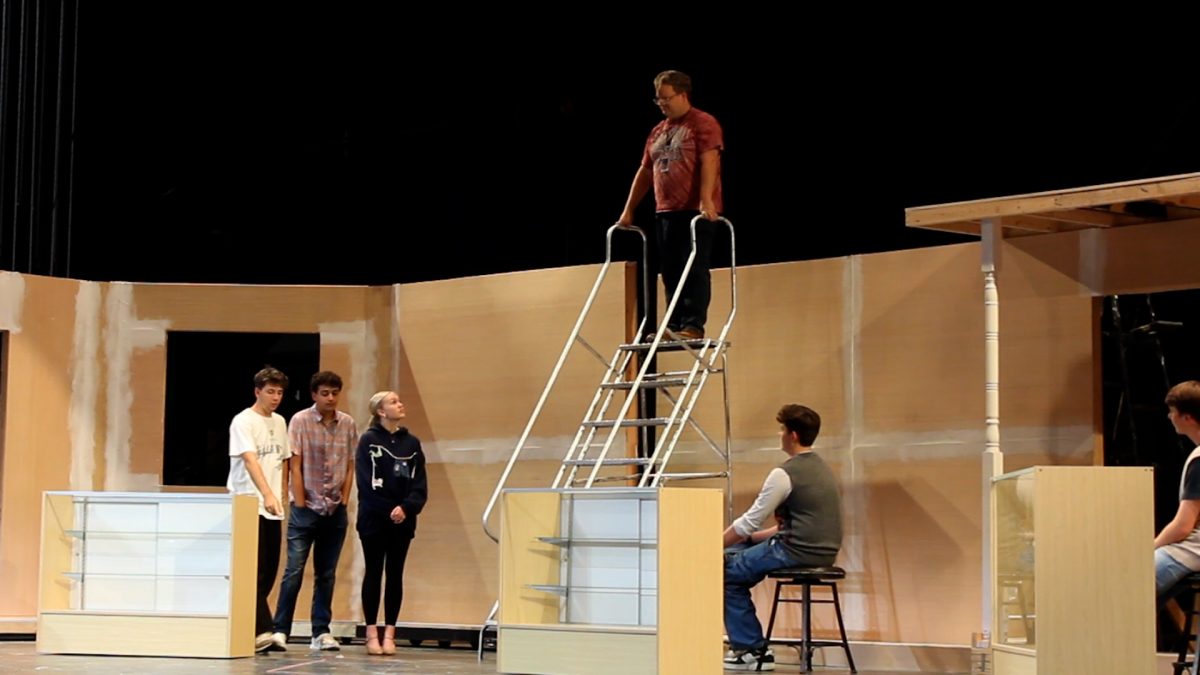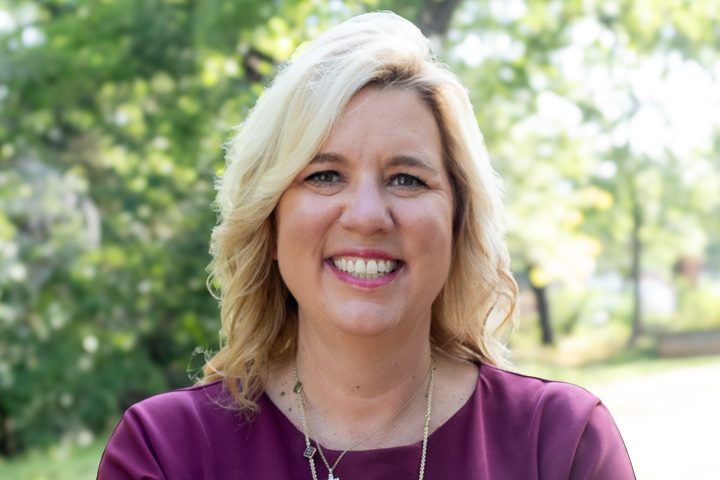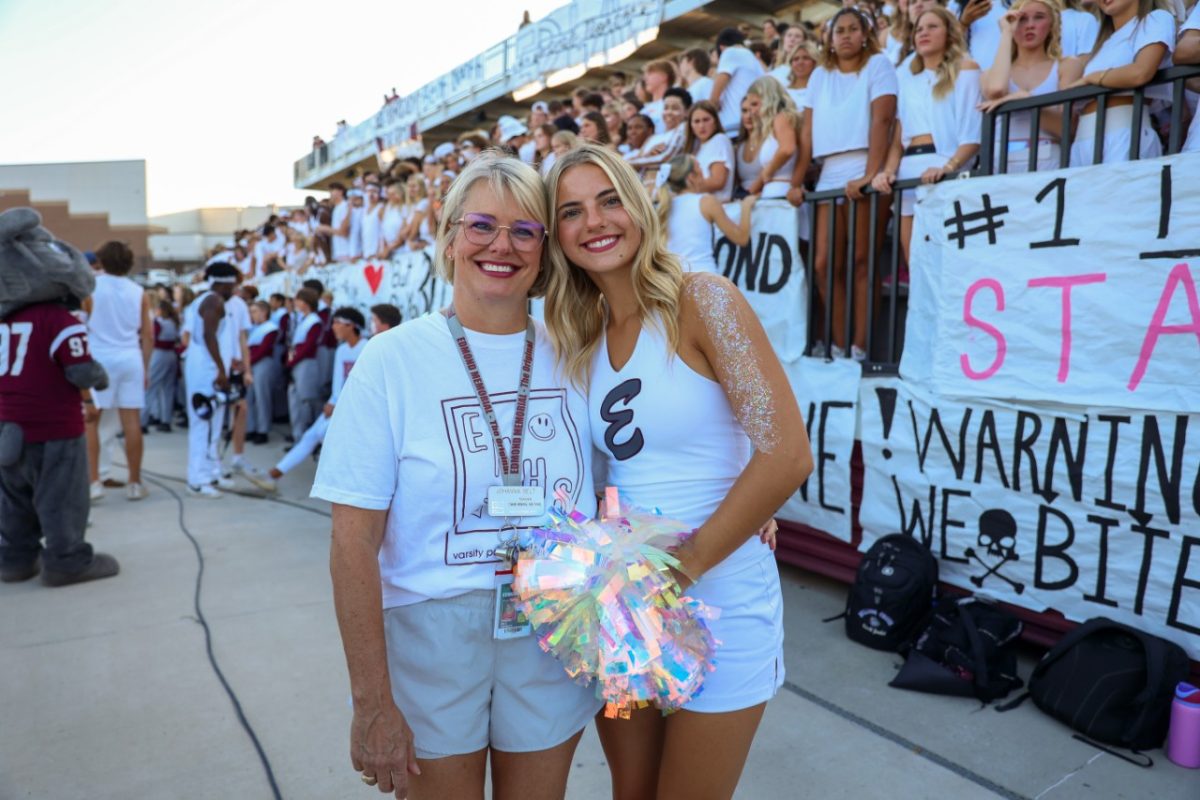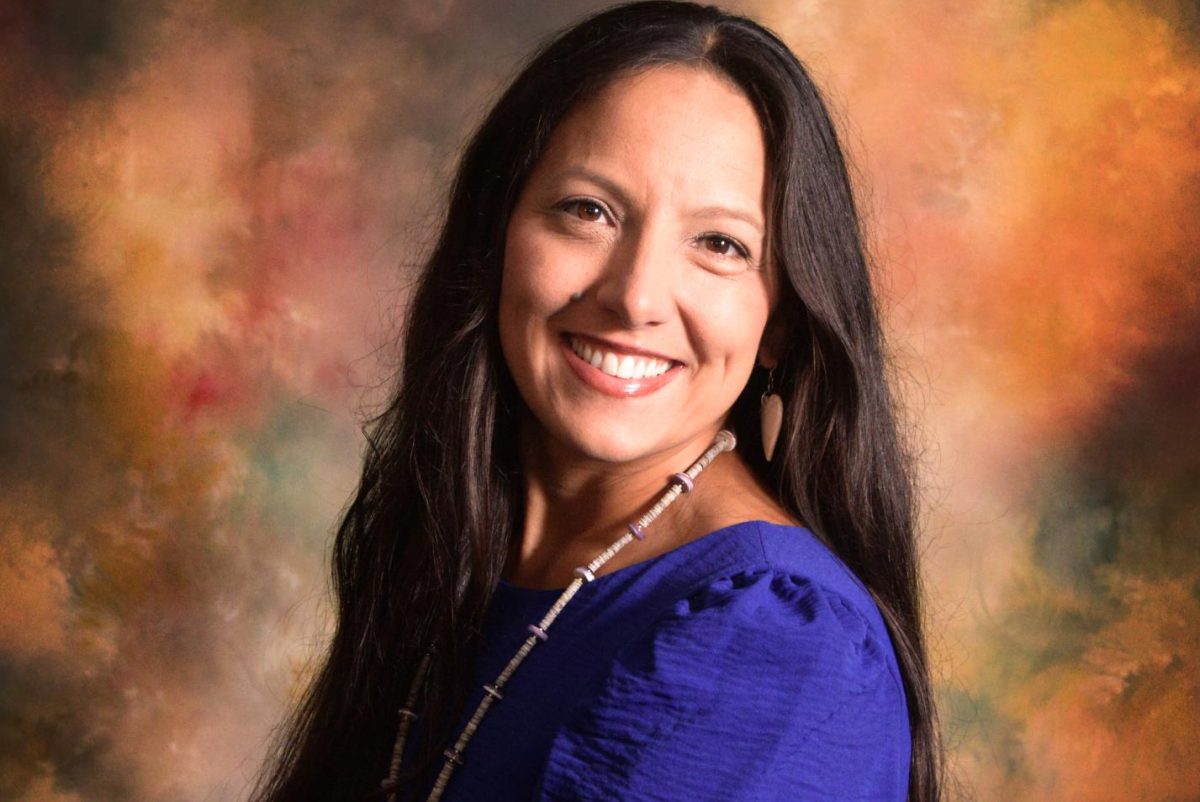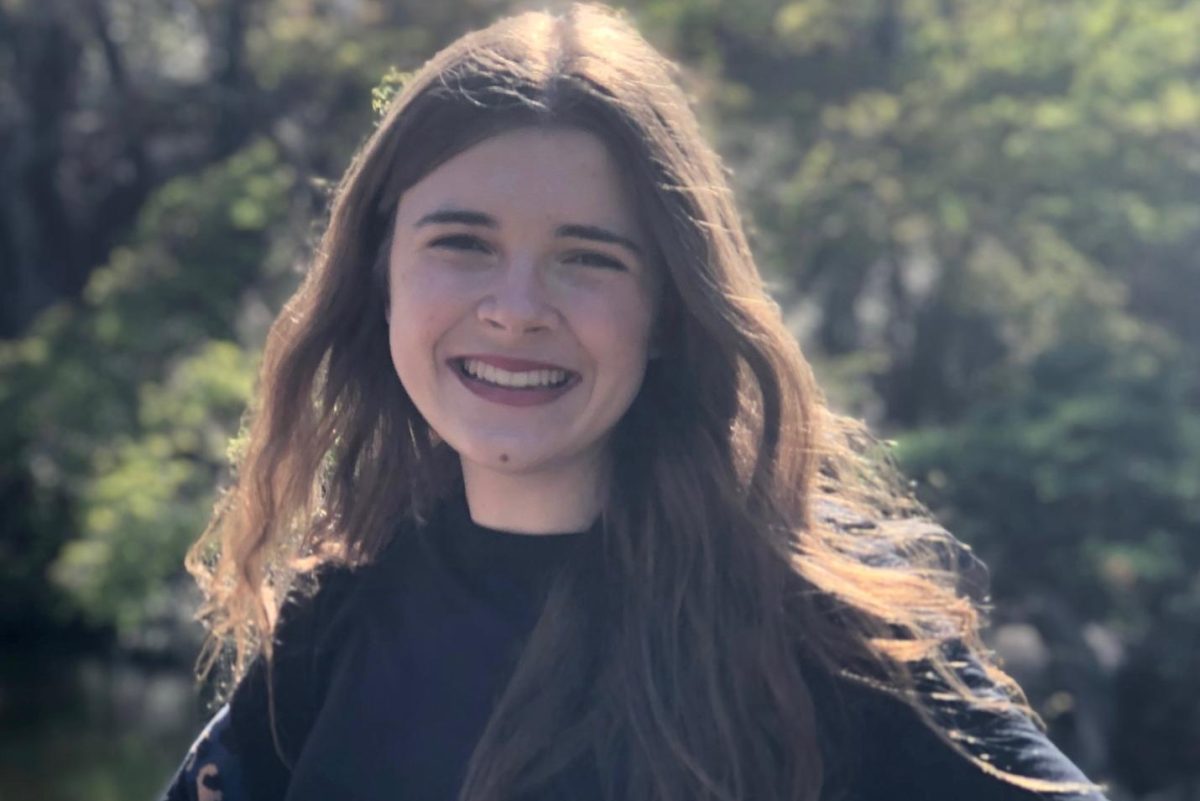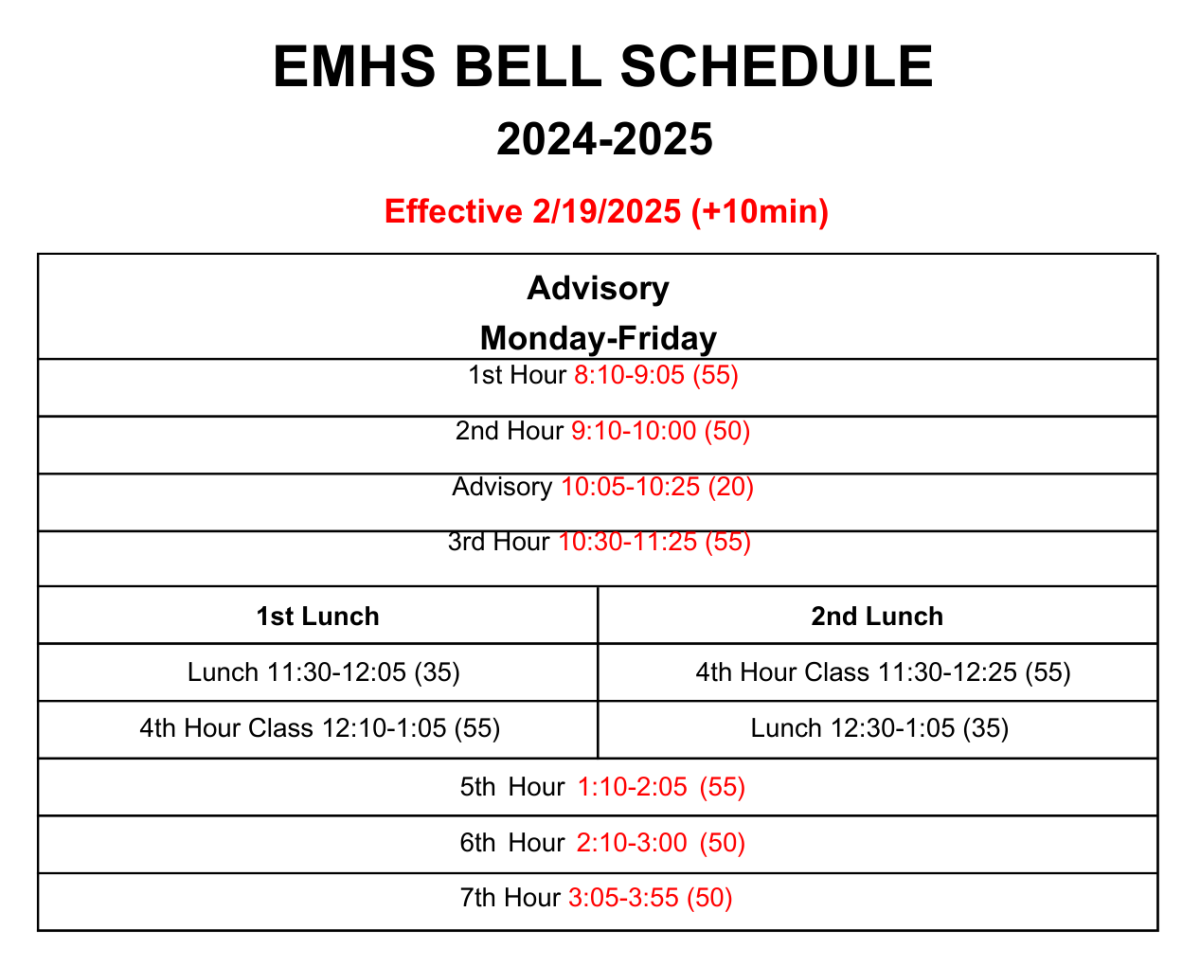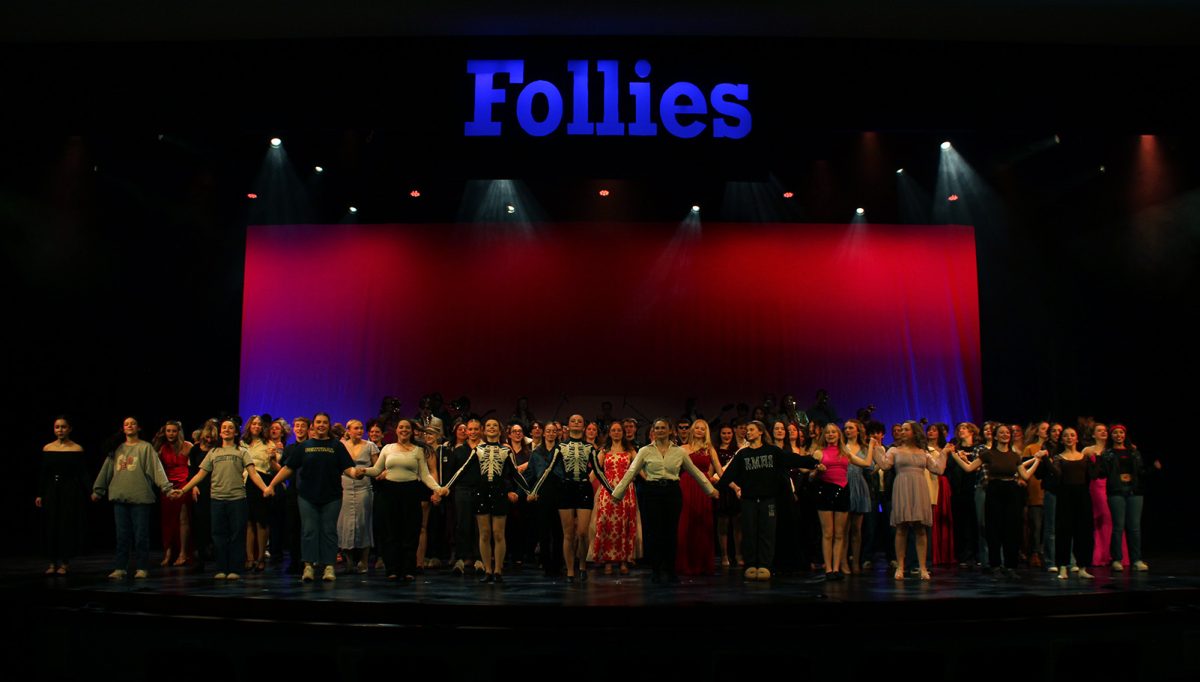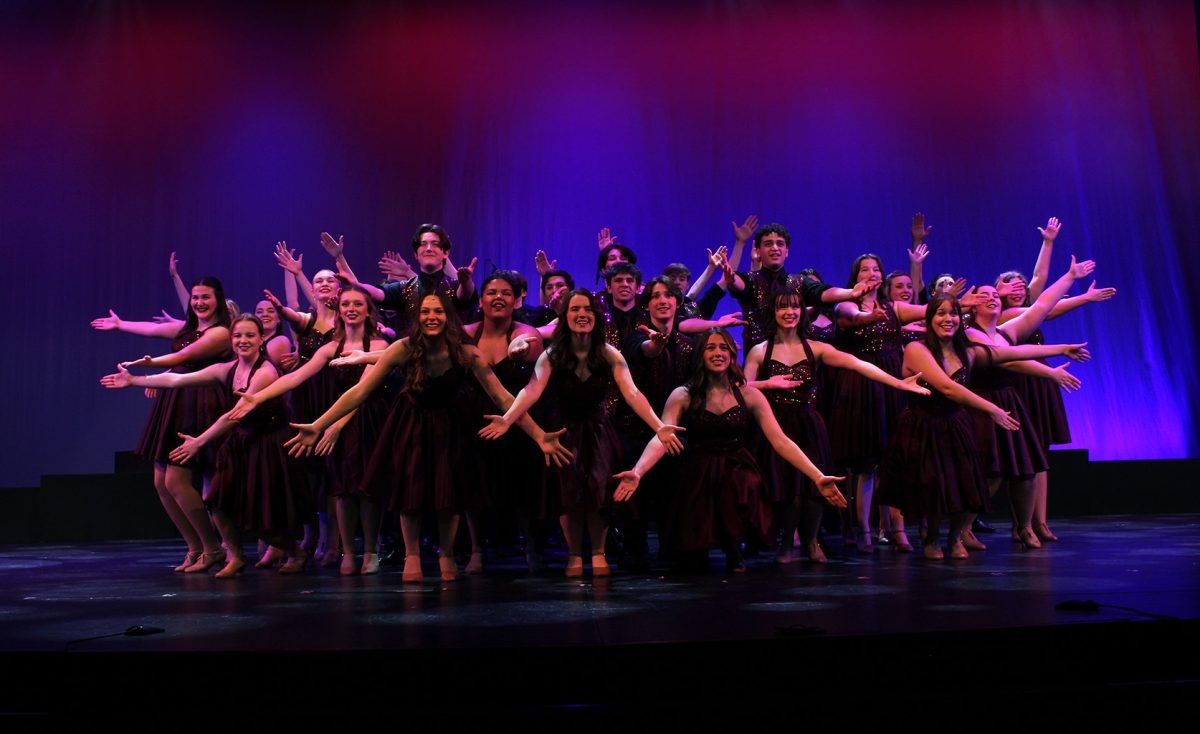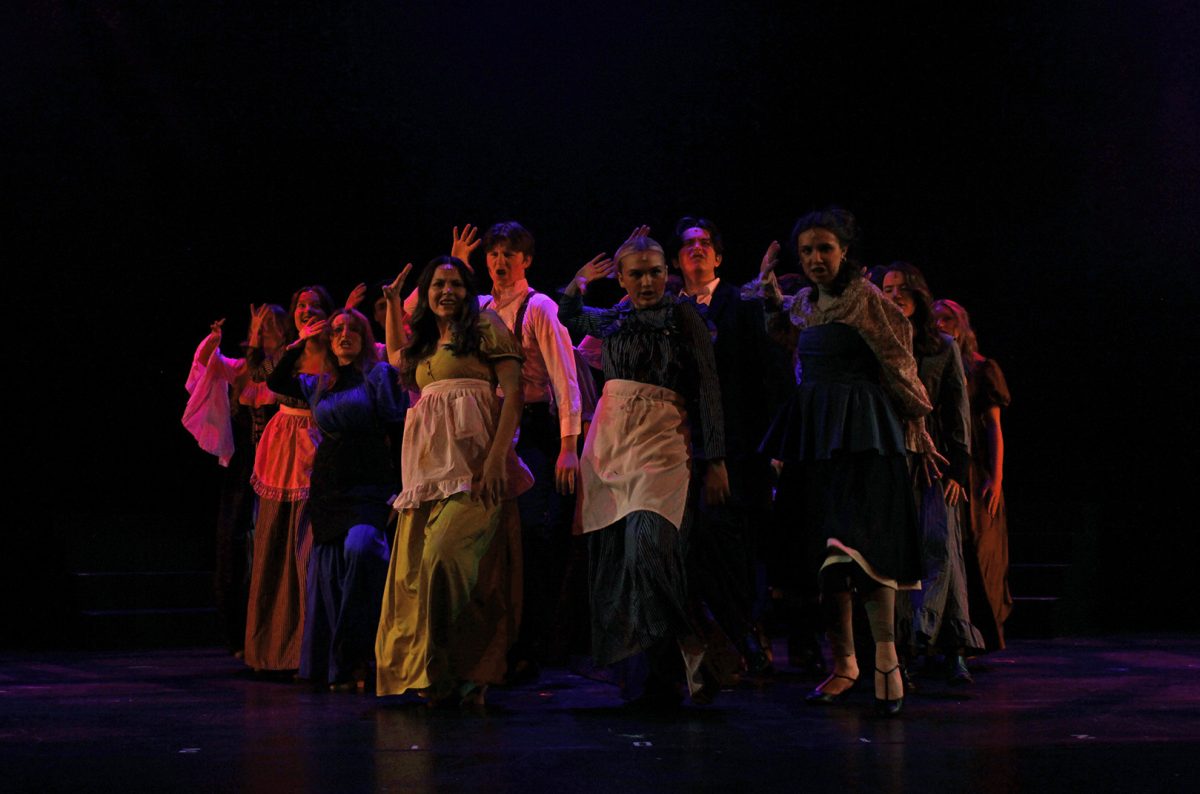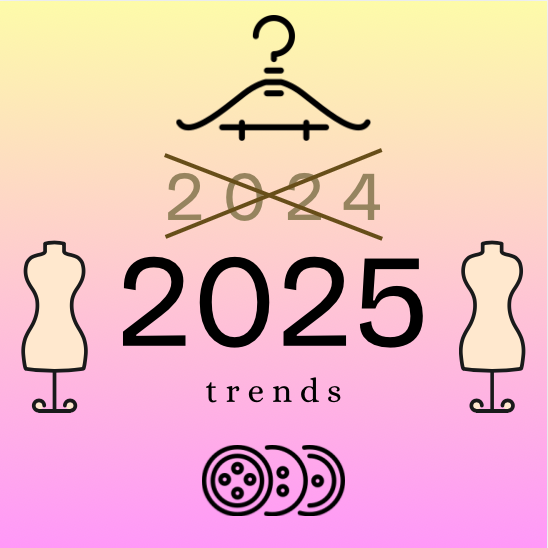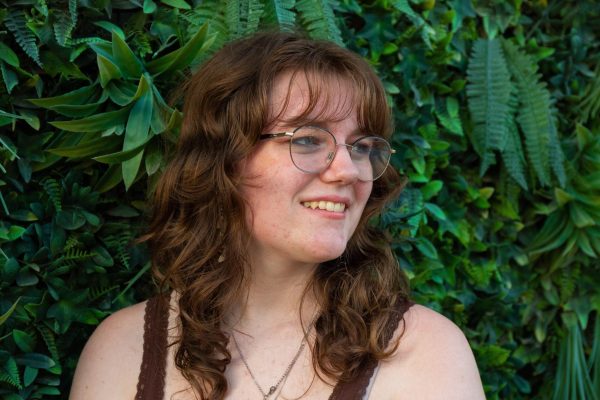
On January 15, MAX released the long-anticipated television adaptation of the 2013 action-adventure video game, “The Last of Us,” by the same name. Set in the post-apocalyptic United States, a fungal disease called cordyceps, which controls the brains of its victims, ravages the population. “The Last of Us” follows Joel, a smuggler tasked with delivering Ellie, a teenage girl immune to the disease, across the country so that she can aid in creating a cure.
The show received incredible ratings with a 96% on Rotten Tomatoes, and fans have been awaiting the second season ever since the first came to an end. A major source of excitement was the casting for characters that appear in “The Last of Us Part II” since Pedro Pascal and Bella Ramsey did such an exceptional job reflecting these character’s personalities as they were in the source material. However, many fans were disappointed when Kaitlyn Dever was announced to play Abby alongside Isabela Merced as Dina.
While both of these women are undoubtedly skilled actresses, whether they’re the right people for these roles is debatable. The main concern among fans is the appearance of these women in comparison to how the characters look in-game.
While Dina is Israeli-Jewish in the game, Merced is Christian and Peruvian-American despite how significant this was to her personality. In Abby’s case, Dever is relatively small in stature while the character is known for being muscular and intimidating as a result of her rigorous training to become a soldier. This casting manages to take away not only representation of types of women, who are normally reflected negatively in media, but also the traits that make these characters who they are.
One of the major themes of “The Last of Us” is how different kinds of people would react to finding themselves in chaotic situations. For Dina, the fact that she is Jewish impacts how she copes with grief and stress. In “The Last of Us Part II”, there is a scene where Dina and Ellie visit an abandoned synagogue. Dina reflects on her relationship with her religion, stating that she could turn to it when she felt overwhelmed or lost. To hire an actress with an entirely different cultural background threatens the authenticity of the representation seen in the game since Jewish people are already underrepresented in media.
For Abby, it is central to her character that she is physically strong and threatening. She spent years dedicating herself to her training so that she could accomplish the revenge that drives her character in the way she deemed appropriate. It represents how single-minded and stubborn she is when it comes to completing her goals. Because of this, many people expected the actress Shannon Berry to be cast due to their similar appearance and build. Despite this expectation, Dever was cast, who, ironically, many people wanted to play Ellie. While Dever is undoubtedly a good actress, the choice for her to play a character who is muscular, tall and intimidating as somebody who is 5’2 and relatively small in stature is an odd choice. While this may not seem like a major issue, it challenges the accuracy of how Abby will be represented since the actress does not have the features that make the character recognizable.
Some fans may argue that, since Pascal and Ramsey do not necessarily look accurate to how Joel and Ellie look in game, it should not matter that Dever and Merced look different than Abby and Dina. Although it is true that the casting department does not focus on appearance, the difference is that Joel and Ellie’s appearances were ultimately unimportant to who they were as people. In contrast, Abby and Dina’s appearances reflect some of the most vital parts of who they are. It can be unsavory to see characters who were well-represented in the source material suddenly lose parts of themselves due to a casting choice. Abby and Dina are both representative of groups of people who are outside of society’s beauty standards and are often made out to be the butt of the joke. These characters looking the way they do while still being taken seriously is important representation that often is not seen in mainstream media, and by taking away the features that make them unique, this aspect of their design is lost.
If the second season of “The Last of Us” follows the plot of the original game as closely as the first season did, then it is sure to be a success. However, it is not exactly off to the best start with the questionable casting choices made for two of the most important characters in the franchise.
Contact Emma Lynch at [email protected]

